NEWS
Biographer Walks Back Claim That Elon Musk Cut Off Ukraine’s Starlink Access in Crimea
Published
8 months agoon

Courtesy of starlink_satellites/Instagram
Author Walter Isaacson is walking back a widely reported claim from his new biography of Elon Musk, which hit shelves on Tuesday, that the SpaceX CEO cut Ukraine’s access to its Starlink satellite internet to thwart an attack on Russian forces.
According to a previously published excerpt, Musk “secretly told his engineers to turn off coverage within 100 kilometers of the Crimean coast,” as Ukraine was preparing to launch an underwater drone attack on a Russian fleet last year. Russia invaded Ukraine on Feb 24, 2022, after previously invading and annexing Crimea in 2014.
According to Isaacson’s book, Musk feared a “mini-Pearl Harbor scenario” would escalate to nuclear war, and prevented Ukraine’s attack. “As a result, when the Ukrainian drone subs got near the Russian fleet in Sevastopol, they lost connectivity and washed ashore harmlessly,” he wrote.
After the excerpt was reported last week, Musk pushed back on X, formerly Twitter, which he owns, saying that Starlink was never enabled over Crimea, rather, he denied a Ukrainian government request to enable it, with the “obvious intent being to sink most of the Russian fleet at anchor.”
“If I had agreed to their request, then SpaceX would be explicitly complicit in a major act of war and conflict escalation,” Musk wrote.
Late Friday night, Isaacson posted on X to “clarify” his reporting.
“To clarify on the Starlink issue: the Ukrainians THOUGHT coverage was enabled all the way to Crimea, but it was not. They asked Musk to enable it for their drone sub attack on the Russian fleet. Musk did not enable it, because he thought, probably correctly, that would cause a major war,” Isaacson wrote.
“Based on my conversations with Musk, I mistakenly thought the policy to not allow Starlink to be used for an attack on Crimea had been first decided on the night of the Ukrainian attempted sneak attack that night. He now says that the policy had been implemented earlier, but the Ukrainians did not know it, and that night he simply reaffirmed the policy,” Isaacson wrote in a followup reply to another user.
Musk thanked Isaacson for the clarification, and further stated that the Starlink terms of service “clearly prohibit Starlink for offensive military action, as we are a civilian system.”
“SpaceX is building Starshield for the US government, which is similar to, but much smaller than Starlink, as it will not have to handle millions of users. That system will be owned and controlled by the US government,” Musk wrote.
The excerpt set off widespread criticism that a tech mogul might have such outsize, and unaccountable, influence on a global conflict.
In response to criticism, Musk on Monday reiterated his commitment to being a citizen of the United States.
“I am a citizen of the United States and have only that passport. No matter what happens, I will fight for and die in America. The United States Congress has not declared war on Russia. If anyone is treasonous, it is those who call me such,” Musk wrote.
TMX contributed to this article.
More Money + Investing
-
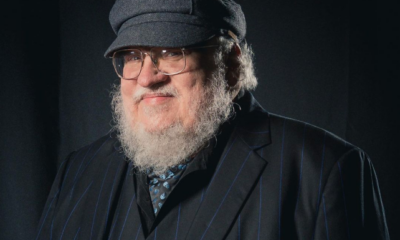

George R.R. Martin, Other Major Authors Sue ChatGPT Maker OpenAI…
-


Twitter to sue Elon Musk
-


Fed likely to significant increase interest rates significantly
-


Costco Keeps Selling Out Of One-Ounce Gold Bars
-
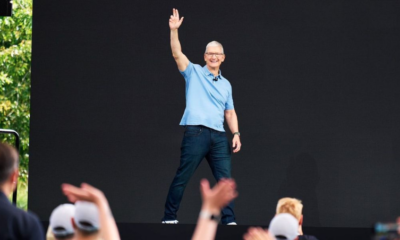

Apple Expected to Unveil New iPhone 15 Lineup Tuesday
-
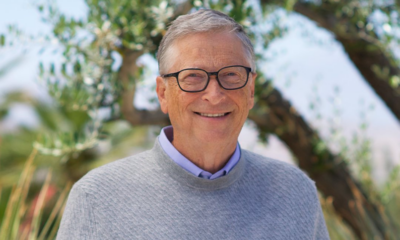

Gates Foundation Invests Nearly $100 Million in AB InBev Despite…
-


4 Harmful Penny Pinching Habits That Are Sabotaging Retired Boomers
-


Toys R Us is relaunching
-


Fears of layoffs on Wall Street as banking earnings decline
-
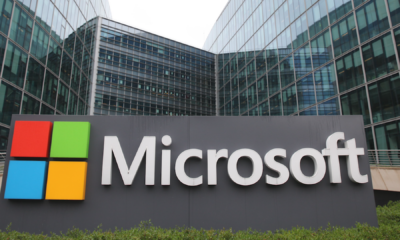

Microsoft may purchase Netflix, according to analyst
-
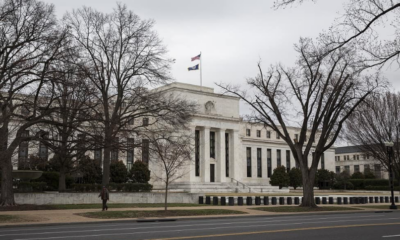

Federal Reserve Leaves Rates Unchanged As Inflation Slows
-
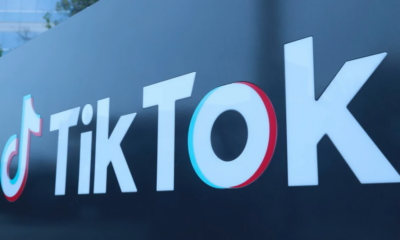

TikTok Fined $368 Million By EU Regulators For Failing To…
